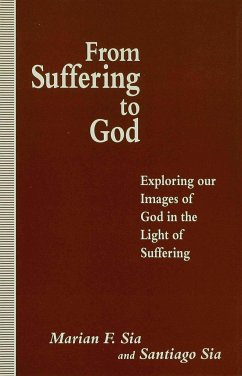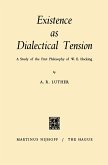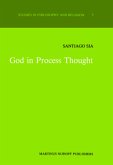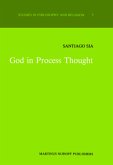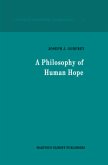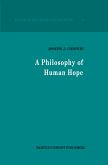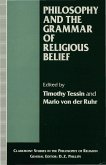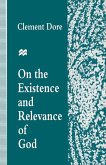'A splendid book! The authors give a moving account of a tragic aspect of our present human world. It is a scholarly, learned account.' - Charles Hartshorne, Professor Emeritus of Philosophy, University of Texas at Austin Does the reality of suffering disclose anything about God's nature? The authors address this fundamental question by reflecting on some theistic responses to the challenge of suffering. Taking seriously the persistence of theistic belief despite widespread suffering, they focus on the practical ways some believers deal with suffering: by 'suffering with those in affliction' and 'working for the liberation of those who are opposed.' They then investigate the possibility of describing God as 'co-sufferer' and 'liberator.' In their exploration they turn to literature, theology and philosophy and offer an interesting interpretation of the relationship between these disciplines. Part I contains literary and descriptive reflections on the experiences of certain theists faced with the reality of suffering. The authors present and analyse the concerns, fears and hopes expressed in the book of Job and selected poems by Hopkins, Vaughan, Donne and Herbert. They then try to show that an important challenge that needs to be investigated and met, given the presence of so much suffering in the world, is discovering the kind of God in whom we can credibly continue to believe. This question is developed theologically and philosophically in Part II. In developing some answers, the authors turn to Latin American liberation theology and Charles Hartshorne's process philosophy and offer a new synthesis of these two schools of thought. Their exploration is an interesting illustration of how literature, theology and philosophy can throw some light on an area of common concern.
Bitte wählen Sie Ihr Anliegen aus.
Rechnungen
Retourenschein anfordern
Bestellstatus
Storno

